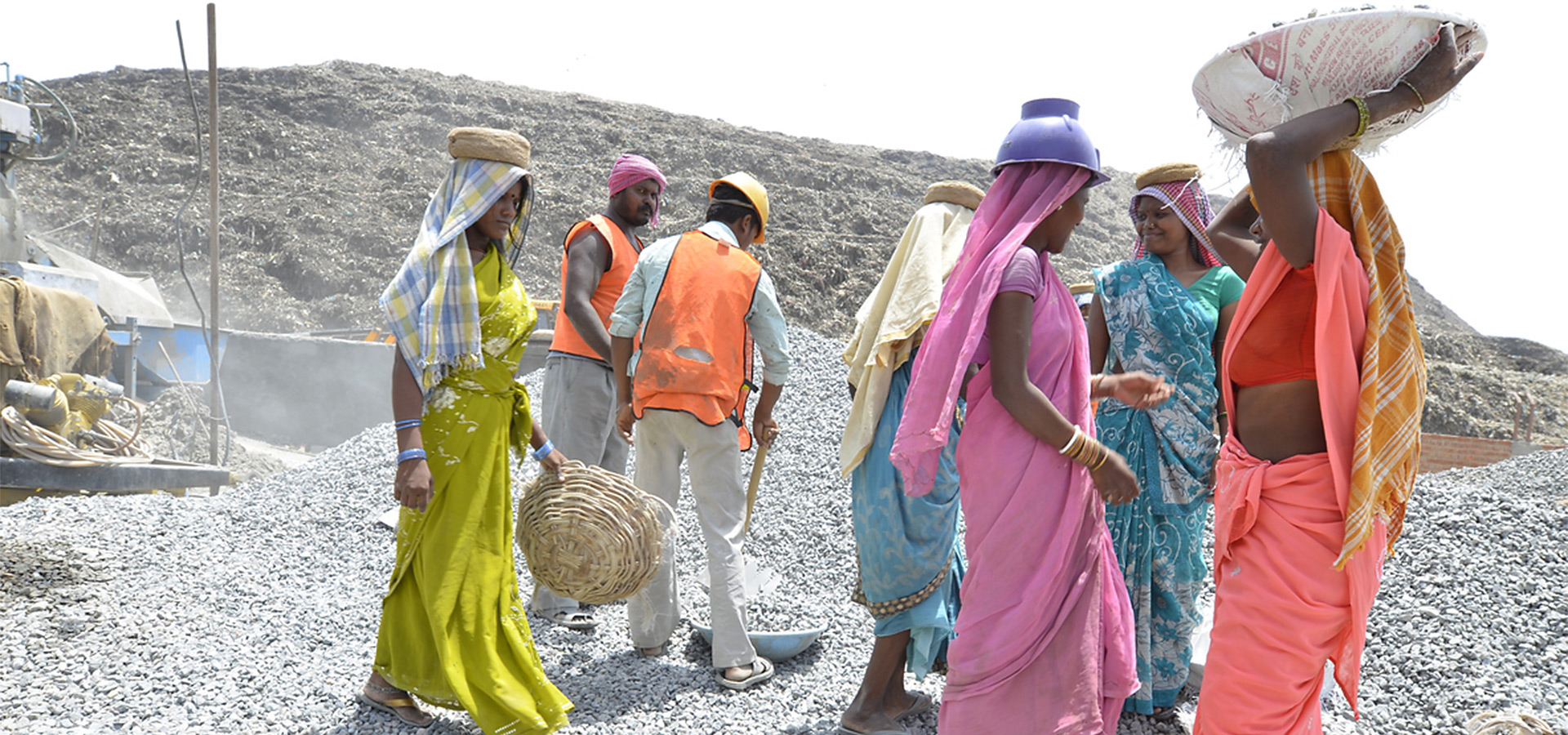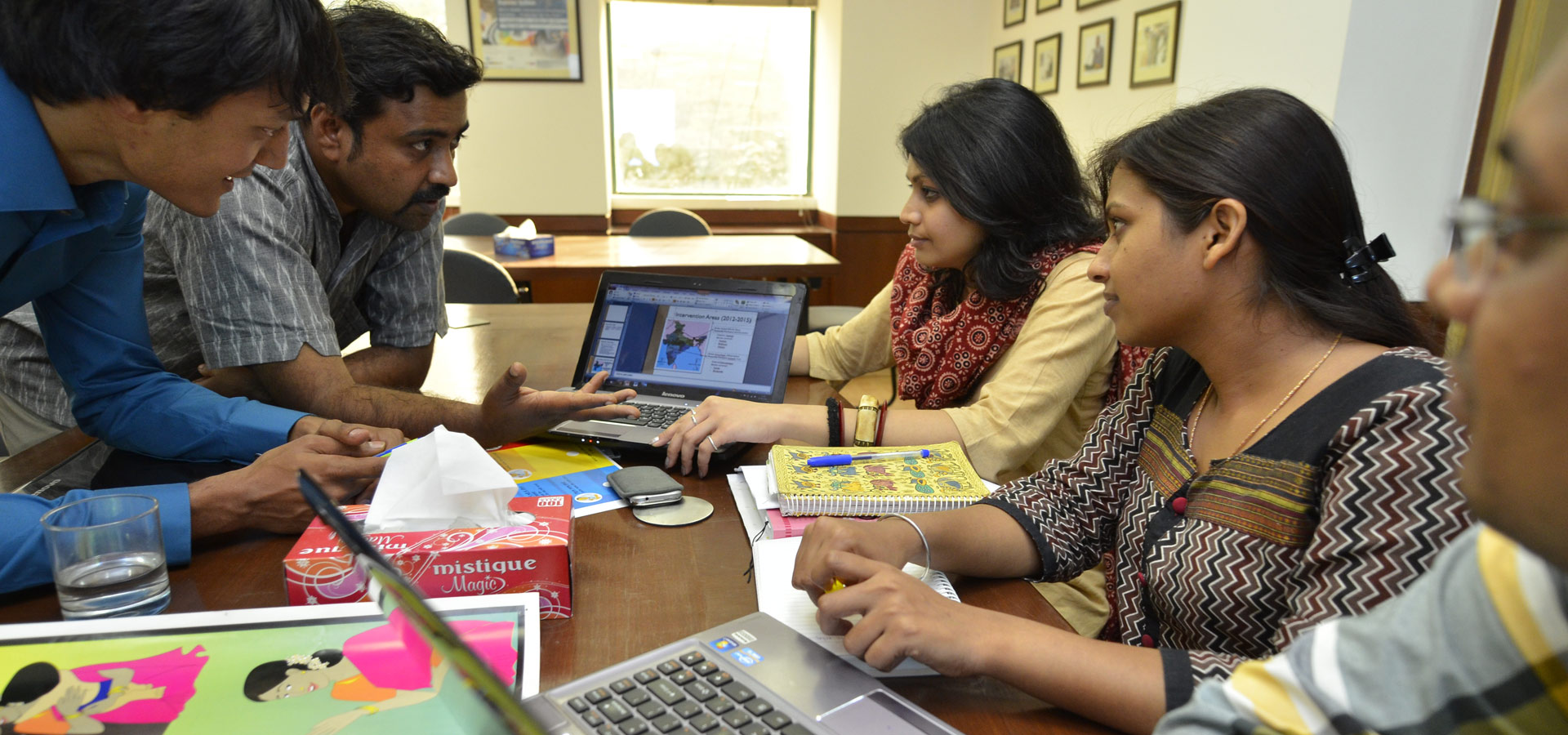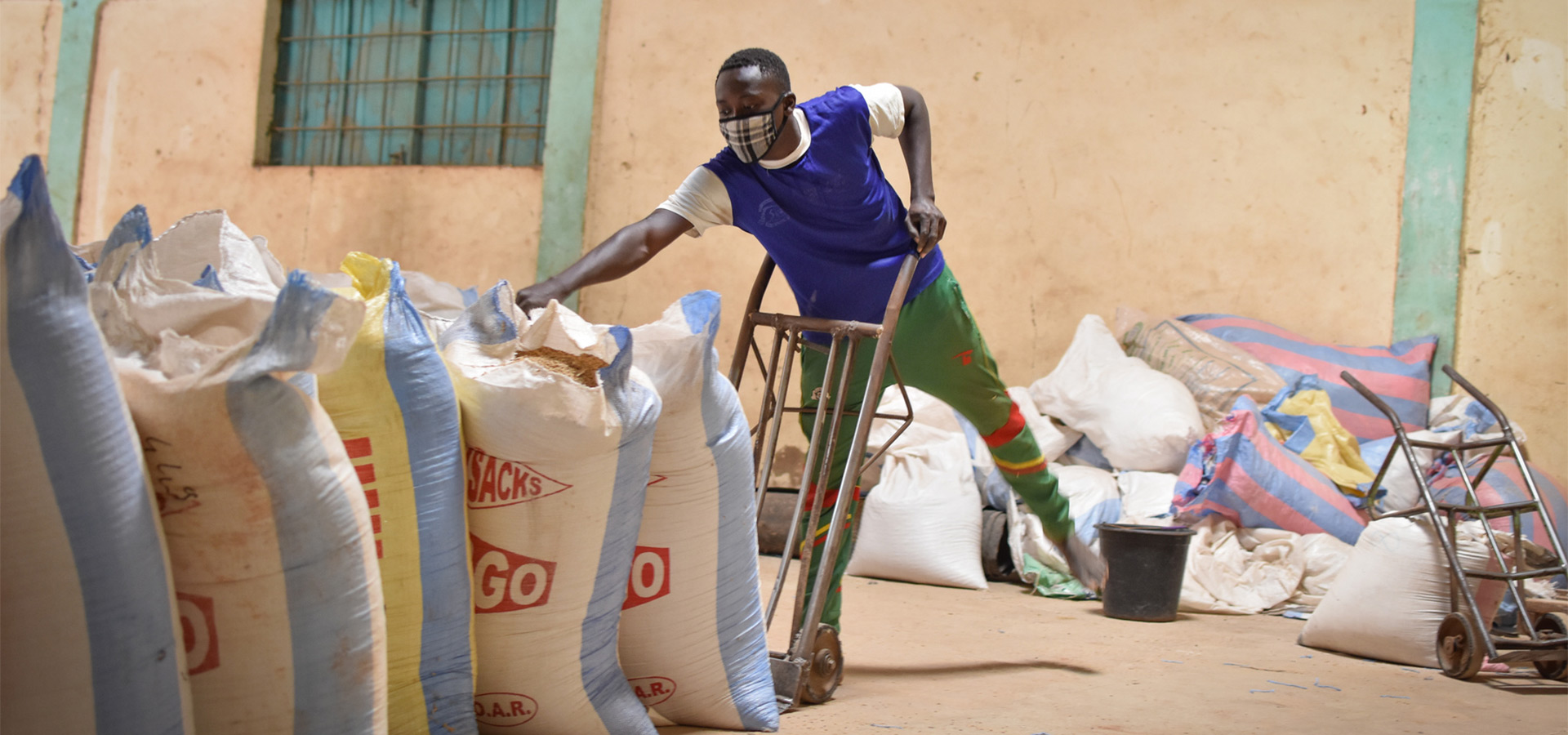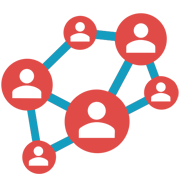What is the Recover Better Support Fund about?
The Recover Better Support Fund is a new fund, commissioned by the German Federal Ministry for Economic Cooperation and Development (BMZ). It supports efforts designed and implemented in partner countries to recover from the impact of the COVID-19 pandemic with the goal of building more resilient, inclusive, and sustainable societies while advancing the 2030 Agenda.
Peru
Asociación Nacional de Centros de Investigación, Promoción Social y Desarrollo
Consolidating the Group “Peru Agenda 2030”
Caritás del Perú
Resilience for female micro-entrepreneurs, Venezuelan refugee population and people with disabilities in Lima, Peru
Ecuador
Fundación Futuro Latinoamericano Faro
Joint local Action for Sustainability
Corporación de Desarollo de Ambato y Tungutahua CorpoAmbato
Program for the construction of productive trade chains with rural stakeholders in Tungurahua
South Africa
African Monitor Trust
Policy and Public Advocacy
Afrika Tikkun Services
Reducing Unemployment of Vulnerable Youth
Colombia
Fundación para el Desarollo Integral del Pacífico
Fostering SDGs in Colombia’s Pacific Region
Proyectar Sin Fronteras
Establishing Solidarity Supply Chains
Young Man’s Christian Association Colombia
Promoting Youth Entrepreneurship
India
Healing Fields Foundation
Improving Health and Hygiene
Human Rights Advocacy and Research Foundation
Promoting Access to Entitlements
Kenya
SDGs Kenya Forum, hosted by Development Initiatives
Strengthening Synnergies for SDGs
Kenya Alliance of Resident Associations
Inclusive Digital Learning Opportunities
Senegal
Conseil des Organisation Non Gouvernementales d’Appui au Développement
Implementing the LNOB-principle
Peru
Asociación Nacional de Centros de Investigación, Promoción Social y Desarrollo
Consolidating the Group “Peru Agenda 2030”
Caritás del Perú
Resilience for female micro-entrepreneurs, Venezuelan refugee population and people with disabilities in Lima, Peru
Ecuador
Fundación Futuro Latinoamericano Faro
Joint local Action for Sustainability
Corporación de Desarollo de Ambato y Tungutahua CorpoAmbato
Program for the construction of productive trade chains with rural stakeholders in Tungurahua
Colombia
Fundación para el Desarollo Integral del Pacífico
Fostering SDGs in Colombia’s Pacific Region
Proyectar Sin Fronteras
Establishing Solidarity Supply Chains
Young Man’s Christian Association Colombia
Promoting Youth Entrepreneurship
South Africa
African Monitor Trust
Policy and Public Advocacy
Afrika Tikkun Services
Reducing Unemployment of Vulnerable Youth
Kenya
SDGs Kenya Forum, hosted by Development Initiatives
Strengthening Synnergies for SDGs
Kenya Alliance of Resident Associations
Inclusive Digital Learning Opportunities
The Recover Better Support Funds is currently active in the following countries: Funding line 1 (red): Benin, Colombia, Ecuador, Georgia, Kenya, Kosovo, Peru, Senegal, South Africa, and Tanzania. Funding line 2 (blue): Bangladesh, Cambodia, Colombia, India, Kenya, Nigeria, Pakistan, and South Africa. Countries in which both funding lines are being implemented are striped red and blue. The funding lines are defined as follows:
Sustainable development
advisory bodies
Implementing the 2030 Agenda and meeting the Sustainable Development Goals (SDGs) is a shared responsibility that demands decisive actions from all leaders in society. Greater cooperation between state actors, businesses, academia, and civil society is necessary to identify pathways forward for systemic transitions towards sustainable development. With this line of funding, the Recover Better Support Fund strengthens the role of multi-stakeholder councils and commissions whose efforts directly contribute to advancing the 2030 Agenda. This mechanism aims to support multi-stakeholder advisory bodies with the potential to strengthen structures for sustainability in their countries.
Leaving no one behind and strengthening socio-economic resilience
The COVID-19 pandemic and the consequential containment measures disproportionately affect poor and vulnerable groups. The current economic crisis is also impacting the livelihoods of individuals working in the informal sector or micro, small, and medium enterprises (MSME) owned by women. This group of “new poor” is at risk of falling into poverty because of the fragile nature of their employment and lack of social protection. The objective of this funding line is to support Civil Society Organisations (CSOs), which have experience working with vulnerable groups, to adapt proven or tested local approaches for reducing poverty and inequalities to the current crisis context. This can include reaching additional population groups and/or expanding services to more provinces/districts. The intent of this effort is to strengthen socio-economic resilience and social cohesion in affected communities beyond the current crisis, while leaving no one behind.
The Recover Better Support Fund builds on the learning experience of previous instruments pushing the implementation of the global sustainability agenda, including the 2030 Agenda Transformation Fund and the Inequality Challenge Innovation Fund.
Why focus on Recover Better?
The COVID-19 pandemic poses a significant setback for the world’s ambition to eradicate poverty and achieve sustainable development by 2030 and beyond. Developing countries and vulnerable population groups have been hit the hardest. Many countries are reporting deepening social and economic inequalities. In 2022, due to the effects of the COVID-19 pandemic, up to 685 million people will be living in extreme poverty. It is estimated that around 574 million people will still be living in extreme poverty by 2030, which implies that SDG 1 “No Poverty” will most likely be missed. Nevertheless, implementing the 2030 Agenda and advancing on the SDGs while leaving no one behind has thus become even more challenging.
The crisis also offers an opportunity to accelerate action and tackle long-due structural reforms. Many partner countries are currently adapting development priorities and implementation strategies towards a more sustainable, inclusive and evidence-based recovery. Through the Recover Better Support Fund and its two funding lines, the German Cooperation aims to support these efforts.
What is funded?
The Fund supports small and medium-scale projects, designed and implemented with the assistance of local stakeholders to ensure ownership. Initiatives supported by both funding lines must be comprehensibly aligned with national priorities of partner countries and contribute to the implementation of the 2030 Agenda in the context of the COVID-19 pandemic.
The funding volume can vary between EUR 80.000 and EUR 125.000 and projects can be granted funding for a period of up to 18 months. A limited number of high-impact initiatives from state and non-state actors (Funding line 1) and Civil Society Organisations (Funding line 2) with greater implementation capacities can be supported with extended funding of up to EUR 180.000.
WHAT WERE THE ELIGIBILITY AND APPLICATION CRITERIA?
Institutions and organisations who were willing to apply must possess a legal personality and a non-profit/public benefit status. They must also be located in one of the partner countries of German development cooperation (see country list here).
Furthermore, the following specific criteria applied to each funding line:
Funding line 1 (Sustainable development advisory bodies): Eligible were state and non-state actors with an umbrella function for at least one stakeholder group and experience in regularly engaging other societal actors through multi-stakeholder processes (government, private businesses, civil society, and academic institutions). They contribute, through advisory services, to at least one of the three levels for the implementation of the 2030 Agenda: policy, financing, and accountability.
Funding line 2 (Leaving no one behind and strengthening socio-economic resilience): CSOs with proven experience in the implementation of activities that have been adopted to the current COVID-19 context. Activities need to fall under one or several of the four categories:
1) education;
2) health;
3) securing livelihoods and promoting MSMEs;
4) social and political participation.
In order to apply to one of the funding lines of the Recover Better Support Fund, all applicants had to:
- Fill in a general application form; and,
- Upload a budget planning proposal.
Applications were evaluated against:
-
- the initiative’s potential to clearly contribute to a sustainable and resilient recovery in partner countries,
- methodological approaches,
- realistic budget planning,
- implementation logic focused on specific results, products, and activities to achieve them.
Activities already funded by other donors were not considered.
How is the Fund managed?
On behalf of the German Federal Ministry for Economic Cooperation and Development (BMZ), the Deutsche Gesellschaft für Internationale Zusammenarbeit (GIZ) is in charge of managing the fund’s operations. BMZ and the Fund Management considered applications against the established criteria, examined the quality of their content and decided which initiatives will receive funding. For funding line 1, the German Council for Sustainable Development (RNE) is closely involved and offers guidance for the implementation of respective projects and activities. The German Institute of Development and Sustainability (IDOS) provides advice for funding line 2.





